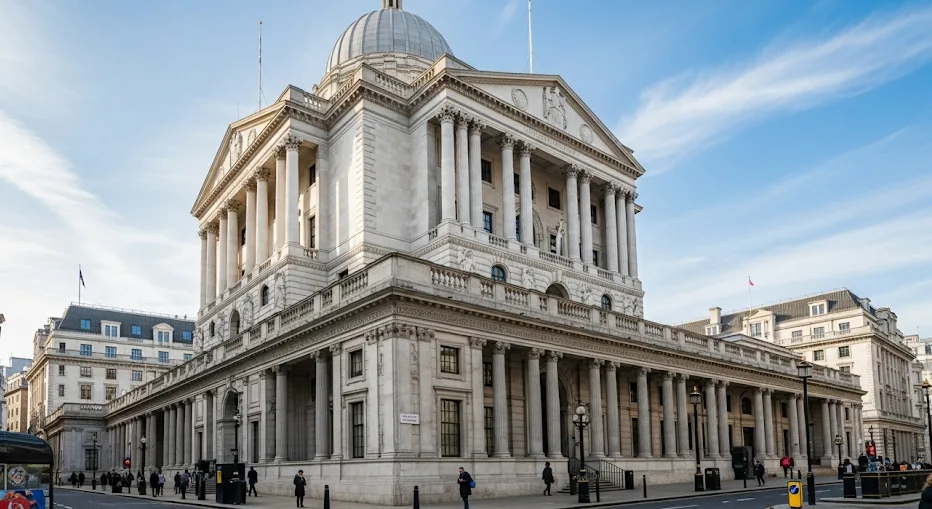
The Bank of England’s interest rate — often referred to as the “base rate” — is one of the most influential factors in the UK economy. It affects borrowing costs, savings returns, and even the value of the pound. Changes to the base rate can directly impact your personal finances, whether you’re a homeowner, saver, or borrower.
By understanding how it works, you can make informed decisions to protect your money and take advantage of opportunities when rates change.
What Is the Bank of England Base Rate?
The base rate is the interest rate the Bank of England charges commercial banks for borrowing money. In turn, these banks use it as a reference point for the rates they charge customers on loans, mortgages, and credit, as well as the returns they offer on savings.
When the base rate rises, borrowing becomes more expensive but savings rates often improve. When it falls, borrowing costs decrease, but savers may see lower returns.
Impact on Mortgages and Loans
If you have a variable or tracker mortgage, your monthly repayments can change almost immediately after a base rate adjustment. Fixed-rate mortgage holders are shielded until their deal ends, at which point new rates will apply.
- Variable-rate borrowers may experience increases or decreases in repayments depending on rate movements.
- Loan and credit card holders could face higher interest costs when rates rise, making debt repayment more expensive.
Understanding how your financial products are structured can help you plan for these changes.
Effect on Savings and Investments
Higher interest rates typically mean better returns for savers, particularly on fixed-term accounts and ISAs. However, inflation can still erode the real value of your savings if it rises faster than interest rates.
Investors may also see shifts in market performance, as rising rates can affect company borrowing costs, stock valuations, and bond yields.
- Savers benefit from more competitive deals on deposit accounts.
- Investors may need to reassess asset allocation to manage risk in a changing rate environment.
Influence on Everyday Finances
The base rate can also influence rental prices, as landlords with variable-rate mortgages may pass on higher costs to tenants. Currency exchange rates may shift too, affecting the cost of imported goods and travel abroad.
In short, rate changes filter through the entire economy, meaning their effects are felt by almost everyone.
Staying Prepared for Rate Changes
The Bank of England adjusts interest rates to control inflation and stabilise the economy. For households, the key is to review your financial situation regularly, assess how rate changes could affect you, and take proactive steps to manage the impact — whether that’s fixing your mortgage, shopping for better savings rates, or reducing expensive debt.

 Impact of the Ukraine-Russia War on Global Markets Today
Impact of the Ukraine-Russia War on Global Markets Today  How the U.S. Debt Ceiling Crisis Impacts Investors
How the U.S. Debt Ceiling Crisis Impacts Investors  BRICS Expansion: Will It Transform Global Trade?
BRICS Expansion: Will It Transform Global Trade?